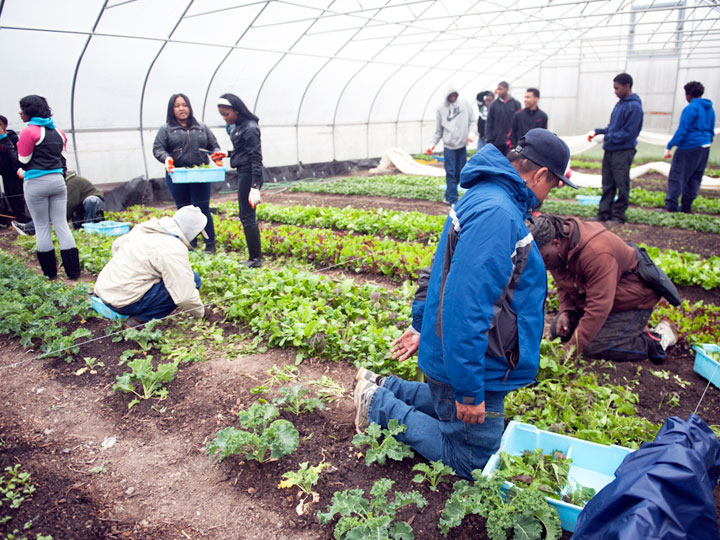Introduction
Urban farming, the practice of cultivating crops and raising livestock in urban or peri-urban areas, has gained momentum in Nigeria, as a response to growing urbanisation and the need for sustainable food production. While urban agriculture offers numerous benefits, it also presents unique challenges, particularly in the context of zoning laws and regulations. This article would explore the challenges and opportunities of urban farming in Nigeria, with a focus on the legal framework governing these activities.
The rise of urban farming
In recent years, urban farming has become increasingly popular in Nigerian cities such as Lagos, Abuja, and Port Harcourt. This surge in urban agriculture can be attributed to several factors:
1. Food security: Urban farming contributes to food security by providing fresh produce and livestock products to urban populations, reducing reliance on distant rural sources.
2. Income generation: For many urban dwellers, urban farming represents a source of additional income and employment opportunities, helping alleviate poverty and improve livelihoods.
3. Environmental benefits: Urban agriculture promotes green spaces, reduces carbon footprints by reducing transportation distances, and contributes to urban biodiversity.
4. Community building: Urban farms often serve as community hubs, fostering social connections and promoting a sense of belonging among residents.
Challenges facing urban farming regulations
While the benefits of urban farming are evident, challenges arise due to the complexities of zoning laws and regulations in Nigeria. Here are some key challenges:
a. Zoning conflicts: Zoning laws in urban areas are often not designed to accommodate agricultural activities. Conflicts may arise when agricultural land use is inconsistent with existing zoning regulations.
b. Land access: Obtaining suitable land for urban farming can be challenging due to high property prices and land speculation. Land tenure and property rights issues may also hinder access.
c. Permitting processes: Navigating the bureaucratic permitting process can be time-consuming and costly for urban farmers.
d. Health and safety standards: Ensuring that urban farms adhere to health and safety standards is crucial to prevent potential health risks associated with agricultural activities in densely populated areas.
Opportunities in urban farming regulations
Despite the challenges, there are opportunities to harness the potential of urban farming in Nigeria:
a. Policy reform: Policymakers can play a pivotal role in facilitating urban agriculture by revising zoning laws and creating incentives for urban farming initiatives.
b. Community engagement: Encouraging community participation and education can help build support for urban farming initiatives and resolve conflicts with zoning laws.
c. Technology integration: Leveraging technology for urban farming can enhance productivity and reduce environmental impacts, aligning with sustainable development goals.
d. Economic diversification: Urban farming can diversify local economies and create employment opportunities, which is especially important in rapidly growing urban areas.
Conclusion
Urban farming has the potential to address food security, promote sustainable practices, and improve the livelihoods of urban residents in Nigeria. However, achieving these benefits requires navigating the challenges posed by zoning laws and regulations. Policymakers, urban planners, and communities must work collaboratively to develop a regulatory framework that encourages and supports urban agriculture. By doing so, Nigeria can harness the opportunities presented by urban farming and create more resilient and sustainable cities for the future.



